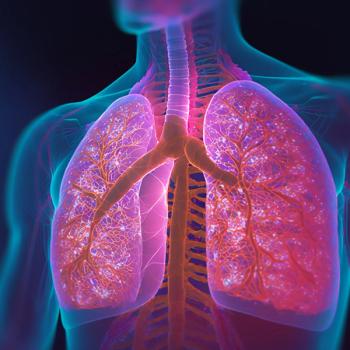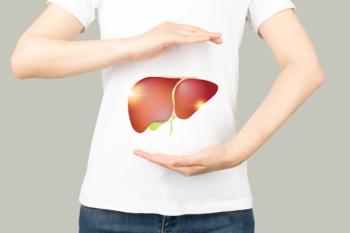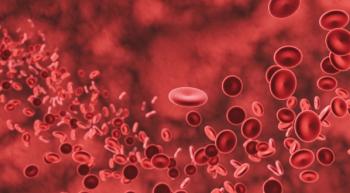
Using a 14-gene test to guide chemotherapy significantly improved disease-free survival in patients with early nonsquamous lung cancer.

Using a 14-gene test to guide chemotherapy significantly improved disease-free survival in patients with early nonsquamous lung cancer.

Patients with HRR-deficient metastatic castration-resistant prostate cancer experienced a 14-month gain in OS and a 38% lower death risk with Talzenna plus Xtandi.

Opdivo plus Yervoy shows efficacy and manageable safety as first-line treatment for unresectable hepatocellular carcinoma in the CheckMate 9DW study.

Several biomarkers may predict improved treatment responses and outcomes in patients with triple-negative breast cancer.

A Phase 3 trial of uproleselan failed to improve overall survival in relapsed/refractory AML, though it may benefit primary refractory patients.

The National Comprehensive Cancer Network now recommends Rytelo for patients with myelodysplastic syndrome who require blood transfusions.

Welireg outperformed Afinitor in time to disease progression and patient-reported quality of life in the treatment of metastatic clear cell renal cell carcinoma.

While PET scans have been used to predict Hodgkin lymphoma outcomes, adding Adcetris to frontline therapy improved outcomes for patients, regardless of their results.

Patients with advanced HCC who progressed after treatment with immunotherapy may have a survival benefit when treated with second-line Lenvima.

Patients with malignant pleural mesothelioma tended to have prolonged benefit when treated with Keytruda plus Lenvima in the PEMMELA clinical trial.

Tibsovo plus Vidaza led to survival benefit for patients with IDH1-mutant acute myeloid leukemia, according to findings from the AGILE clinical trial.

Regardless of whether it was guided by minimal residual disease status or given at a fixed dosage, consolidation Venclexta proved to be beneficial in patients with chronic lymphocytic leukemia.

Published: August 24th 2022 | Updated:

Published: February 13th 2025 | Updated: